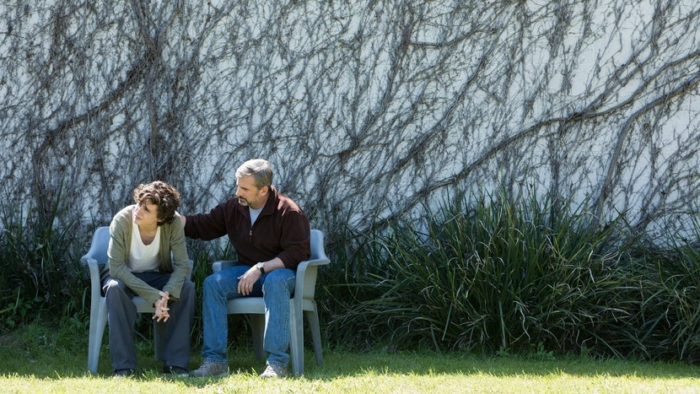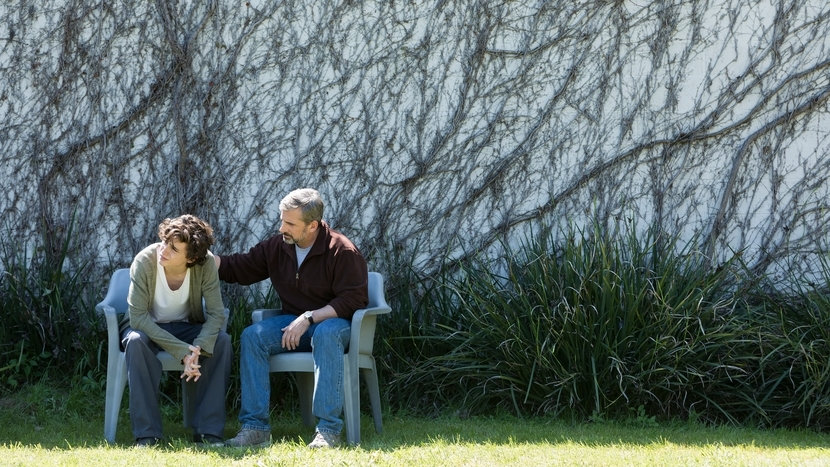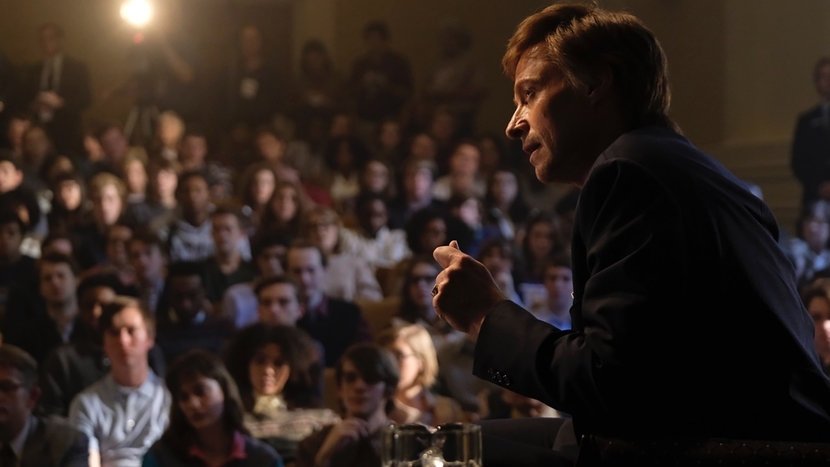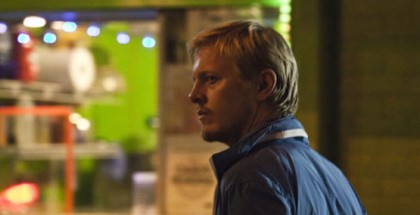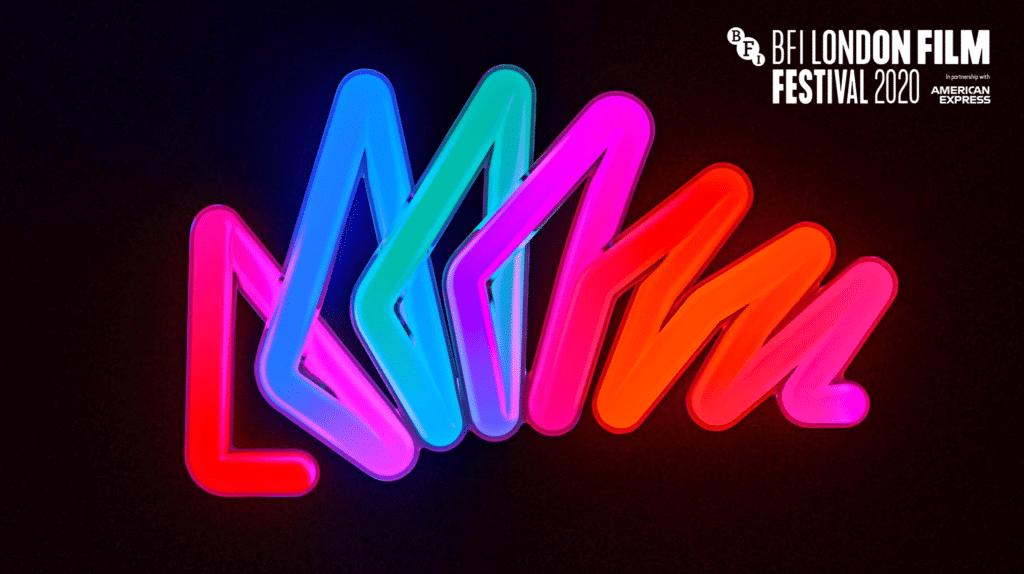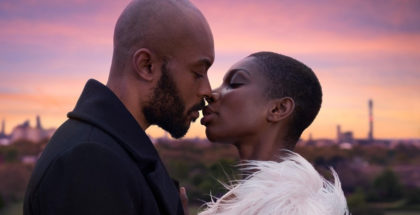LFF 2018 film reviews: Beautiful Boy, The Front Runner, The Quake
David Farnor | On 16, Oct 2018
From Netflix’s Outlaw King, Roma and The Ballad of Buster Scruggs to Amazon’s Life Itself and Suspiria, the big VOD players are all rolling into town for the London Film Festival this October. We head to Leicester Square to round up the highlights from this year’s event:
Beautiful Boy
Parenthood, a job that nobody is prepared for, but everyone is primed to do: protect and help another person. Beautiful Boy asks a heart-wrenching question: what if you can’t do either? The Broken Circle Breakdown director Felix van Groeningen is no stranger to extreme emotions and he brings that steady hand to this tale of father and son. David Sheff (Carell) is a journalist with a nice house, a supportive partner, Karen (Maura Tierney), and a charming teenage son, Nic (Timothee Chalamet). But all that spirals into darkness and tragedy when Nic moves from experimenting with marijuana to harder substances and becomes addicted to meth.
Chalamet, who was sensational in Call Me By Your Name, is once again blazingly intense as the once cheerful boy turned withdrawn, angry, dishonest young adult. But Beautiful Boy isn’t solely a story about him, and the film draws its power from watching the impact of his addiction upon the family caught in his orbit. Tierney brings hugely moving support as his concerned, resilient step-mother, but Steve Carell shines the most as the dishevelled dad who can’t move on, but also can’t do anything to put his son’s life back together. Switching from funny to sad to sweet to devastating, often within a single scene, it’s a restrained, delicate turn that finds big sentiment in the tiniest gestures. It’s a shame that the heavy-handed soundtrack doesn’t quite match that subtlety, but there’s no denying the heartbreaking honesty of the performances on screen.
The Quake
Introducing your new favourite genre of cinema: the Norwegian disaster movie. It sounds improbable, but after The Wave proved a titanic hit at the box office, along comes a follow-up, The Quake – because Norwegian cinemas hasn’t invented Scandisaster: it’s also invented disaster movie sequels.
Taking place several years after the first movie’s devastating tsunami, we catch up with geologist Kristian Eikjord (Kristoffer Joner, reprising his role) as he withdraws from the world, obsessed with those he didn’t manage to save. But when a former colleague dies in a freak accident, and he uncovers reports from his late friend about unusual seismic activity, he pieces together a warning sign for another catastrophe altogether: an earthquake that could level Oslo. Having a lead hero traumatised from the fallout of a disaster is a fantastic touch, bringing a tangible sense of consequence and a huge emotional impact to the large-scale chaos and destruction. With Kristian’s daughter, Julia, and his estranged wife both finding themselves in danger, the result is a superbly balanced mix of family drama and stunning effects that climaxes in a heart-stopping hotel-set rescue. The best disaster movie made in years, and proof that Hollywood doesn’t own blockbuster action, director John Andreas Andersen has crafted a cracking bit of popcorn cinema that leaves you hoping for a third round.
The Front Runner
Gary Hart (Hugh Jackman) was leading the Presidential race in 1988 USA. Three weeks into his campaign, though, the whole thing went off the rails, as his extramarital affairs came to light in the press. What might have been a male-centric story of thwarted ambition fortunately takes a much smarter tact, as director Jason Reitman slowly zooms out from his handsome Democrat candidate to shine a light on all those around him. That’s chiefly his wife and daughter (a superb Vera Farmiga and Kaithlyn Dever), but there’s also substantial time for Sara Paxton as Donna Rice, the woman he was having an affair with. She finds herself, like everyone else, sucked into a whirlwind of press scrutiny, no matter how much Hart’s campaign team (including excellent turns by Molly Ephraim, JK Simmons and Oliver Cooper) try to control the media storm. There’s room here to question Hart’s behaviour and male sense of entitlement, but also question the behaviour of the press, as tabloid headlines prioritise gossip over government policies. Who’s in the wrong? Both of them are, and The Front Runner sacrifices pace and clarity as it tries to widen its scope and acknowledge that. Its attempts to explore the complexities of the situation are commendable, if not successful – but it’s powered by an excellent soundtrack, which shifts from coordinated marching drum snares to offbeat, syncopated rhythms and claps, as applause and pageantry slip into self-inflicted disarray.


